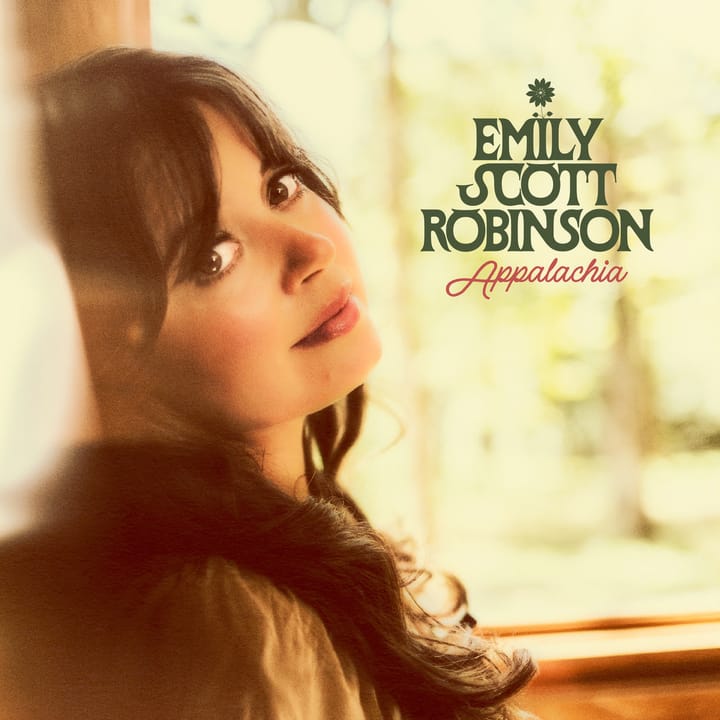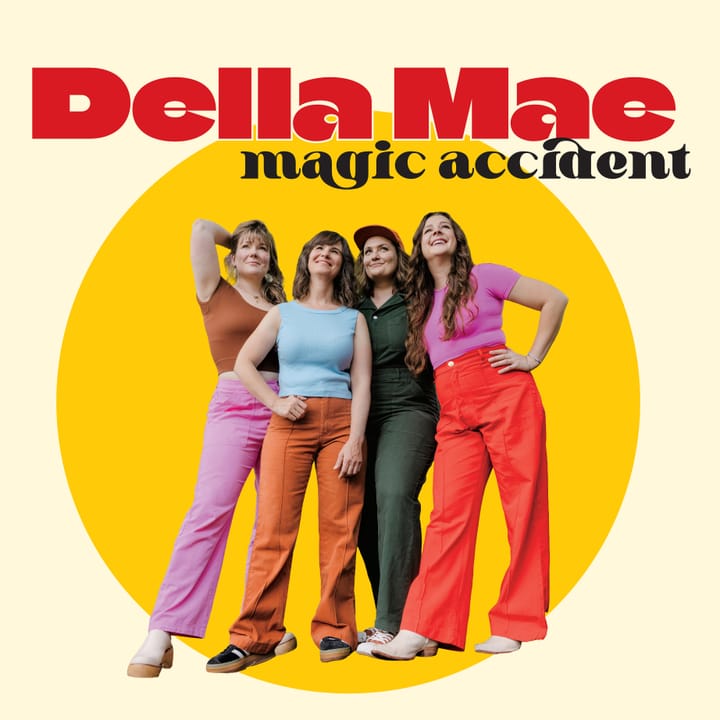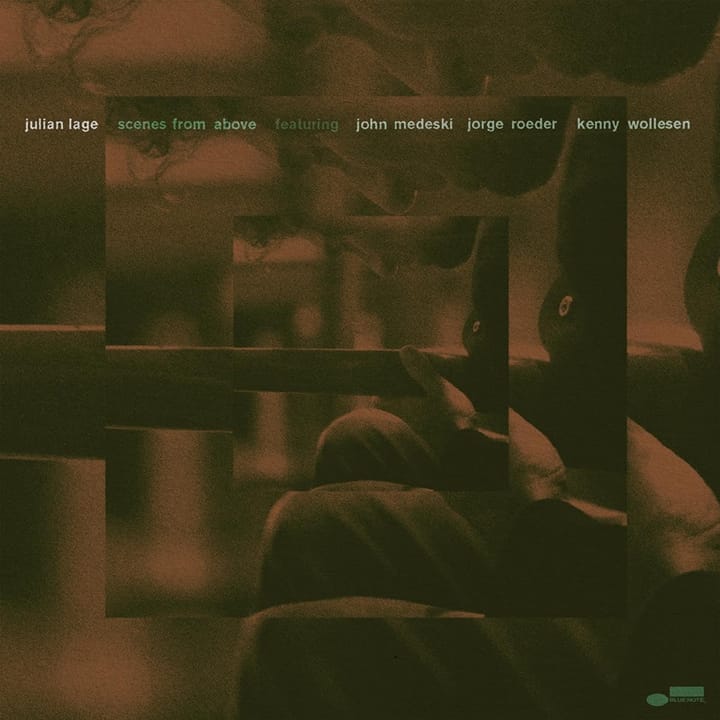Darondo is this season's hip soul man rediscovery, and one that unlike, say, Shuggie Otis, lives up to the hype. In the early '70s, it's said, this local legend cruised around his San Francisco neighborhood in a white, vanity-plated Rolls Royce, purchased with money he'd made doing...well, no one ever says how he made it. He wasn't cashing any royalty checks, that's for sure. Let My People Go apparently includes Darondo's entire body of work, all nine tracks of it: both sides of three obscure singles plus a few demos from the same era. After that, Darondo soon stopped making music altogether.
The evidence suggests that's a real shame. Some of the sides here anticipate what Prince would be up to in a few years, and almost all of it has a sound that seems fresh, even still contemporary, three decades on. These sides have bass lines you can hum and that somehow sound sampled, set in arrangements that feel agreeably tossed off and lo-fi in ways that will please many 21st-century ears.
On the other hand, Darondo made music that was very much of its moment. For one thing, he often sings in falsetto, a vocal tact that's more than a little out of favor now. Back in the day, though, a falsetto was in the arsenal of quite a few male soul singers, either as their primary singing voice (Curtis Mayfield, say, and Eddie Kendrick) or as an occasional conveyor of emotional emphasis (think Al Green and Marvin Gaye). The falsetto is an especially helpful tool for the singer who wants to express a cosmopolitan cool or masculine vulnerability, particularly when a song calls for emotions like sincerity, delicacy, sweetness (also now out of favor).
Darondo is sweet indeed when he croons his desire to marry his lover and start a family ("and baby makes three") on the proto-Prince number "I Want Your Love So Bad", as well as when he toasts "My Momma And My Pappa" in what amounts to an R&B version of Lefty Frizzell's "Mom And Dad's Waltz".
Best of all -- and as arresting and relevant as any music, new or old, you'll hear all year -- is the disc's slinky and insistent title track. Urged onward by a bass line that sounds as if it could have been invented, recorded, looped and sung over yesterday afternoon, Darondo soars into falsetto only occasionally, when he chooses to wooh and ooh a supportive response to his own fed-up call: "We don't need your money," he declares. "We just want us a happy place where black man, white man, can live in peace."




Comments ()